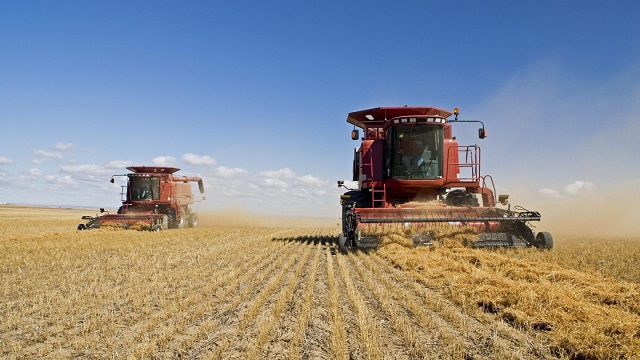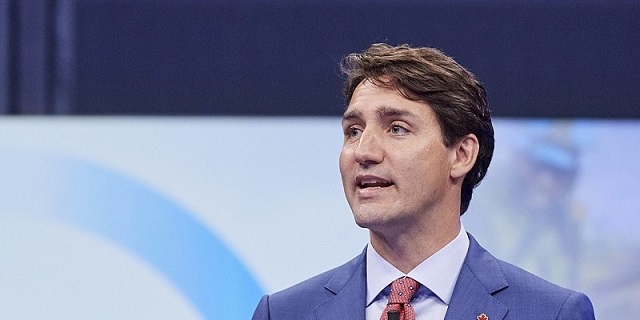Uncategorized
McCain buried at Naval Academy alongside a longtime friend
ANNAPOLIS, Md. — Sen. John McCain’s final journey ended Sunday on a grassy hill at the U.S. Naval Academy within view of the Severn River and earshot of midshipmen present and future, and alongside a lifelong friend.
A horse-drawn caisson carrying the senator’s casket led a procession of mourners from the academy’s chapel to its cemetery following a private service. The senator’s widow, Cindy, and his children were among those who walked behind the caisson. Joining them were family and friends as well as members of McCain’s Class of 1958, military leaders and academy midshipmen.
About 4 p.m. a flyover of military aircraft
After the American flag was removed from the casket, a grieving Cindy McCain pressed her cheek to its surface and McCain sons Jimmy and Jack shared a hug.
The burial was private as per the wishes of McCain, the Arizona Republican and 2008 presidential nominee died Aug. 25 from brain cancer at age 81. Vehicles that had carried mourners began leaving the area between 4:30 and 5 p.m.
One scheduled speaker at the service, Sen. Lindsey Graham, said before the service that he would tell the audience that “nobody loved a soldier more than John McCain, that I bear witness to his commitment to have their back, travel where they go, never let them be forgotten.” Also expected to pay tribute were David Petraeus, a retired general and former CIA director, and McCain’s son Jack.
As the hearse carrying McCain passed through a gate and into the academy, there was loud applause from the several hundred people lining the street outside on the hot and muggy summer day. Many held their hands over their hearts and waved American flags. Some shouted, “God bless you.”
People in the crowd held signs that read “Senator John McCain Thanks For Serving! Godspeed” and “Rest In Peace Maverick.”
For his final resting place, McCain picked the historic site overlooking the Severn River, not Arlington National Cemetery, where his father and grandfather, both admirals, were buried.
Years ago Chuck Larson, an admiral himself and an ally throughout McCain’s life, reserved four plots at the cemetery — two for McCain and himself, and two for their wives, now widows. Larson died in 2014, and McCain wrote in a recent memoir that he wanted to be buried next to his friend, “near where it began.”
Among the pallbearers on a list provided by McCain’s office were Frank Gamboa, his academy roommate;
Tributes to McCain began Wednesday in Arizona and continued for the remainder of the week. On Saturday, speeches by his daughter Meghan and two former presidents — Republican George W. Bush and Democrat Barack Obama — remembered McCain as a patriot who could bridge painful rivalries. While their remarks made clear their admiration for him, they also represented a repudiation of President Donald Trump’s brand of tough-talking, divisive politics. Trump and McCain were at odds during the 2016 campaign and for much of Trump’s presidency.
“There’s a lesson to be learned this week about John McCain,” said Graham, R-S.C.
“No. 1, Americans appreciate military service. … If you work hard and do your homework and know what you’re talking about, people will listen to you. That if you pick big causes bigger than yourself, you’ll be remembered,” he told “Fox News Sunday.”
“He tried to drain the swamp before it was cool, that you can fight hard and still be respected. If you forgive, people appreciate it, and if you admit to mistakes, you look good as a stronger man. That’s the formula, John McCain. This was a civics lesson for anybody who wanted to listen. Why do we remember this man? Because of the way he conducted his public life.”
Susan Walsh, The Associated Press
Uncategorized
RCMP recruitment failure has Alberta advocacy group calling for Provincial Police Service

News release from Free Alberta Strategy (A Strong And Sovereign Alberta Within Canada)
“Make no mistake, we are paying for these services that we aren’t receiving. Alberta’s taxpayers are paying tens of millions of dollars for nearly 400 vacant RCMP officer positions – for boots that are not on the ground.”
A recent report from the Royal Canadian Mounted Police (RCMP)’s independent Management Advisory Board had findings that are nothing short of alarming:
“Federal policing has now arrived at a critical juncture of its sustainability, which present risks for the national security and safety of Canada, its people, and its interests,” says the report.
After over a year of diligent study, the Board has been tirelessly firing off flares, signalling to all who will listen: the very foundation of our national public safety apparatus may be at risk of faltering.
This is doubly problematic because, as you well know, the RCMP is also responsible for boots-on-the-ground policing in large parts of the country, including many rural and remote areas – including in Alberta.
Rural crime has been a longstanding issue in Alberta, and social disorder continues to make headlines nightly.
Alberta Minister of Public Safety, Mike Ellis, took to social media platform X (formerly known as Twitter) to express his opinion:
“The independent report finds the RCMP has struggled in recent years to recruit and retain regular members, a problem that’s particularly acute in federal policing. This is not about the hard-working men and women on the frontline: they are doing everything they can. The reality is the RCMP do not have enough officers to police communities in Canada effectively.”
Ellis has been ahead of this story for months now.
In March, Ellis stated that:
“… on average, Alberta has an RCMP officer vacancy rate of 20 per cent. This means that Alberta is only being served by 1,522 of the 1,911 RCMP officers that the federal government has authorized for Alberta.”
“Make no mistake, we are paying for these services that we aren’t receiving. Alberta’s taxpayers are paying tens of millions of dollars for nearly 400 vacant RCMP officer positions – for boots that are not on the ground.”
The consequences of this capacity crisis are far-reaching.
Not only does it jeopardize the safety of Albertans, but it also undermines the credibility of Canada’s federal police force on the international stage.
With limited resources and personnel, the RCMP’s ability to address pressing national and global security concerns is severely compromised.
The Management Advisory Board, created in 2019 by the federal government to provide external advice to the RCMP commissioner, set up a task force in the fall of 2022 to study the federal policing program.
Overall, the report says budget and personnel shortfalls have left the RCMP “operationally limited,” restricting the number of cases it can take on annually.
Here are some more highlights from the report:
“Canada and its people have already begun to see the repercussions of the federal policing program being stretched thin.”
“Federal policing’s overall eroding capacity may have implications for the credibility of Canada’s federal police force and its investigations on the international stage.”
“Ultimately, this may influence Canada’s overall approach and standing in international politics, including its ability to advance global priorities.”
Clearly, we cannot afford to wait any longer.
Municipalities can ease the burden on our national security services by establishing municipal policing.
Several cities in Alberta already have their own police authorities, and the provincial government is providing funding for others interested in exploring this option.
Grande Prairie is already in the process of establishing their own municipal police service.
No word on how many other municipalities have taken the government up on their offer.
Unfortunately, President of Alberta Municipalities Tyler Gandam (also Mayor of Wetaskiwin) is featured prominently on the National Police Federation’s “Keep Alberta RCMP” website.
Interestingly, the Keep Alberta RCMP website doesn’t mention the fact that the advisory board even exists.
It doesn’t mention the report.
The notion that our federal policing infrastructure teeters on the brink of instability while Gandam appears to be asleep at the wheel, is deeply disconcerting.
The safety and security of Albertans must remain our top priority.
We cannot afford to wait any longer.
The time has come for the province to take swift and decisive measures to bolster policing capabilities in Alberta.
It’s time for Alberta to seriously consider the establishment of an Alberta Provincial Police Service.
It has been one of the core tenets of the Free Alberta Strategy.
If you agree, please reach out to your municipality and ask them to take steps to protect your community.
Together, we can keep Alberta safe.
Regards,
The Free Alberta Strategy Team
P.S. We’re hoping you’ll consider contributing to our cause. Your generous donation helps us make a positive impact in our community. No need to worry about any hold-ups or threats here. We’re just passionate about making a difference, and your support goes a long way in helping us achieve our goals.
Uncategorized
Making Alberta a geothermal energy leader

Eavor announces it’s the #1 geothermal energy startup company in the world – January 2024
Alberta is creating Canada’s first geothermal test site to advance drilling innovation, reduce emissions and create jobs.
Geothermal energy uses naturally occurring heat within the earth to heat water and buildings and generate power, with few emissions or environmental impacts. Alberta has vast pockets of heat below ground, making the province Canada’s geothermal leader, but testing and developing new technologies can be a barrier for many companies. Unlike the United States, Japan and other countries, Canada does not currently have an open-access test site to help spur innovation.
Alberta is taking the first steps to create a new Alberta Drilling Accelerator. This groundbreaking facility would be the first of its kind in Canada, establishing Alberta as a global hub for geothermal technology. This will drive new innovations in geothermal and other clean energy projects that can reduce emissions and power communities around the world.
To kick-start the project, the Alberta government is investing $750,000 to conduct a feasibility study led by Calgary-based Eavor Technologies and other stakeholders. The study is the first step in assessing the proposed facility. It will include identifying a site, business planning, research on the governance model, an economic impact analysis and stakeholder engagement that will lay the groundwork for the initial planning stages of the project.
“Alberta has been a global energy leader for more than a century, renowned for our skilled workforce, innovation and one of the largest oil and gas reserves on the planet. The proposed Alberta Drilling Accelerator presents enormous potential to help our province lead the next wave of energy projects here at home and around the world that reduce emissions, create jobs and enhance energy security.”
The Alberta Drilling Accelerator would help companies test out and develop new geothermal drilling techniques or technologies to reduce emissions and drive growth across the clean energy sector. It would be an open-access, technology-agnostic drilling test facility capable of drilling in challenging environments, including deep depths, high temperatures and different rock types.
The accelerator also would help speed up the development of carbon capture, utilization and storage; helium; critical minerals; and other clean technologies and commodities that rely on Alberta’s drilling sector. All of this helps attract investment and bring new technologies to scale in Canada.
“With cumulative geothermal investment poised to reach $1 trillion by 2050, a geothermal arms race is very much underway to commercialize novel drilling techniques that accelerate geothermal development – exhibited by testing facilities in the United States, China and Iceland. As Canada’s first geothermal test bed, the Alberta Drilling Accelerator will help bring geothermal technologies to scale, supporting companies like Eavor. We commend the Government of Alberta for this bold initiative.”
“We are proud to witness Eavor, a CDL-Rockies alumni company, create new opportunities for innovators like themselves to advance the adoption of energy transition technologies like geothermal. The Alberta Drilling Accelerator will further solidify Alberta’s position as a leader in the global sustainable energy landscape.”
If the feasibility study shows the facility is economically and environmentally viable, and if the project is approved by the Alberta government, the facility will start taking shape at the selected site and drilling could start as early as 2025.
“Canada is home to the most advanced drilling technology in the world. Not only do our members support the responsible development of oil and gas, but we are integral in the extraction of new energy resources like geothermal and critical minerals. Our workers are at the epicentre of Canada’s energy transformation. Our people, technology and processes are leading the way towards a more diverse energy future. The Alberta Drilling Accelerator is a government-enabled policy approach to expand Alberta’s drilling capacity and reach its full potential as the world’s most diverse and technologically advanced producer and exporter of sustainable energy and critical minerals.”
“The Alberta Drilling Accelerator is a testament to Alberta’s innovative and entrepreneurial spirit. Leveraging our oil and gas sector expertise, Alberta is poised to become the global leader in developing new geothermal technologies that will play an integral role in reducing emissions while supporting job creation.”
Quick facts
- The Canadian Association of Energy Contractors estimates that one active drilling rig, whether drilling for natural gas or geothermal, creates approximately 220 direct and indirect jobs and
$1 million in tax revenue. - In 2019, Eavor received $2 million in provincial funding through Emissions Reduction Alberta and Alberta Innovates for the world’s first closed-loop geothermal system.
Related information
-
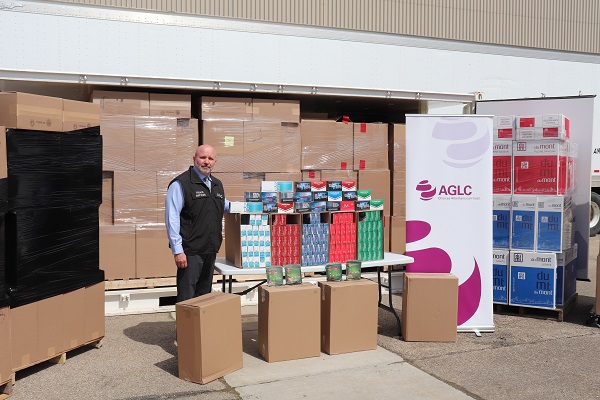
 Alberta2 days ago
Alberta2 days ago30 million contraband cigarettes valued at $25 million dollars seized in Alberta
-

 COVID-191 day ago
COVID-191 day agoCOVID Lab Leak: Over four later, EcoHealth Alliance funding is finally suspended
-
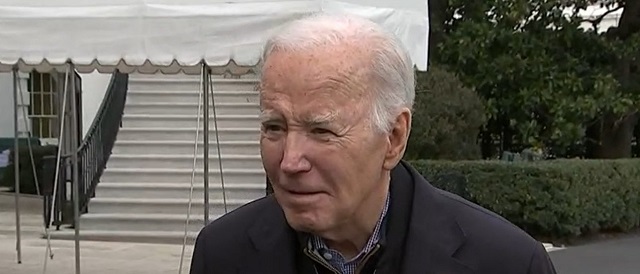
 Censorship Industrial Complex1 day ago
Censorship Industrial Complex1 day agoJim Jordan Exposes Biden’s Censorship-Industrial Complex
-
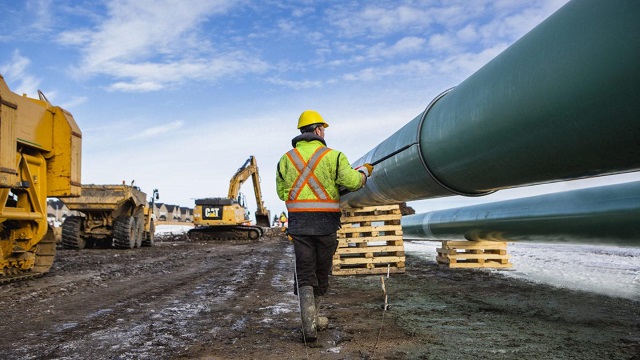
 Canadian Energy Centre2 days ago
Canadian Energy Centre2 days agoTrans Mountain completion shows victory of good faith Indigenous consultation
-
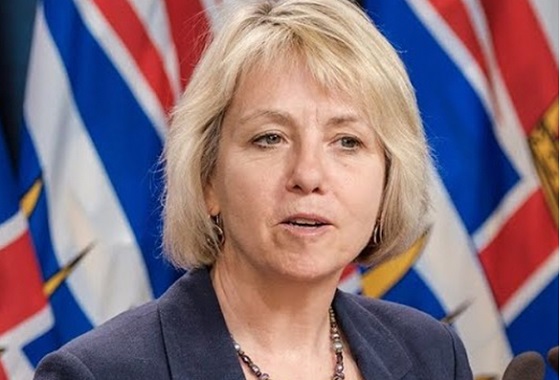
 COVID-192 days ago
COVID-192 days agoHealthcare workers obtain partial win against Bonnie Henry in BC Supreme Court
-

 COVID-192 days ago
COVID-192 days agoElon Musk-backed doctor critical of COVID response vows appeal after court sides with medical board
-
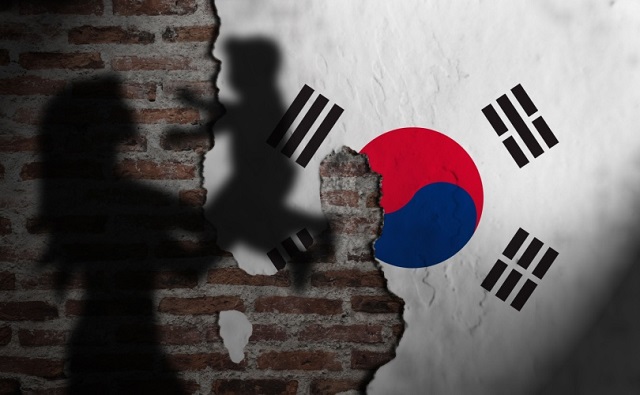
 Health2 days ago
Health2 days agoSouth Korean president declares low birth rate a ‘national emergency,’ plans new ministry to address it
-
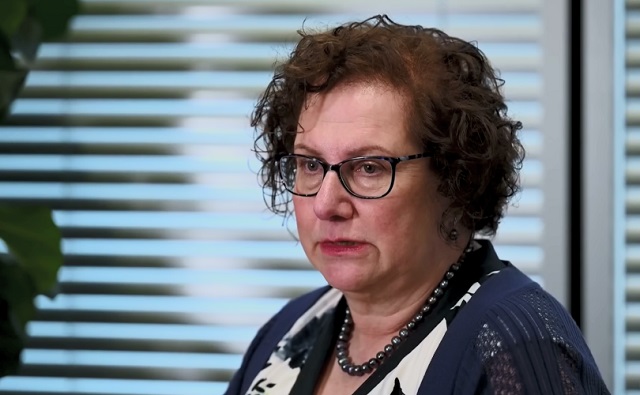
 Health2 days ago
Health2 days agoUK pediatrician who led review of child ‘transitions’ says US medical groups ‘misleading the public’




